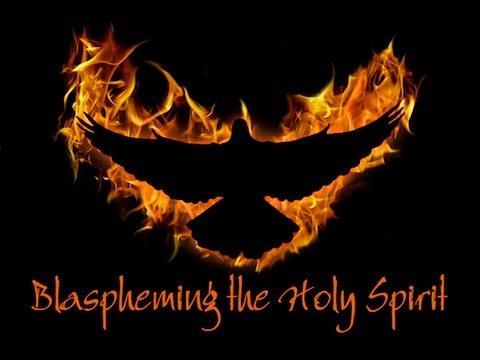
By Un soldat de Notre Seigneur Jésus-Christ, A soldier for Our Lord Jesus Christ
Every member of the Church must learn to make judgments consonant with charity and justice, if for no other reason than to avoid sin by making good and proper synderetic judgments, decisions in conscience, about thoughts, words and deeds. [Catechism of the Catholic Church, ¶1776–¶1789]
Conscience is a judgment made by the use of human reason. [CCC, ¶1778] This becomes especially true in certain specific circumstances, e.g., to avoid scandal [CCC, ¶2284–¶2287], to use social media with charity and prudence [CCC, ¶2495].
When Our Lord Jesus Christ gave the Sermon on the Mount, He spoke at length [Matthew 6 & 7], and said much, including this statement:
“Judge not, that you be not judged” [Matthew 7:1 (R.S.V.)].
But, understood in context, this does not refer to all judgment, but rather only to “rash judgment” as explained by Saint Thomas Aquinas in his Summa Theologica, IIa–IIae, Question 60, Art. 2 Judgment, Reply to Objection 1:
“In these words our Lord forbids rash judgment which is about the inward intention, or other uncertain things, as Augustine states (De Serm. Dom. in Monte ii, 18).”
“To avoid rash judgment, everyone should be careful to interpret insofar as possible his neighbor’s thoughts, words, and deeds in a favorable way.” [CCC ¶2478]
Thus, making good and proper judgments is a constant necessity, while the mental process of doing so itself has a distinct moral aspect and spiritual import. In this regard, one must consider in conscience the horrific prospect of the “Sin against the Holy Spirit”, blasphemy against The Holy Spirit [See Pope John Paul II, Encyclical Letter of 18 May 1986, Dominum et Vivificantem, #46]:
“Blasphemy against the Holy Spirit, then, is the sin committed by the
person who claims to have a ‘right’ to persist in evil –in any sin at all–
and who thus rejects Redemption. One closes oneself up in sin, thus making
impossible one’s conversion, and consequently the remission of sins, which
one considers not essential or not important for one’s life. This is a state of
spiritual ruin, because blasphemy against the Holy Spirit does not allow one
to escape from one’s self–imposed imprisonment and open oneself to the
divine sources of the purification of consciences and of the remission of sins.”
So, if a Catholic priest exercises some novel form of pastoral discretion and responds to two or more Christian faithful seeking approval of a same–sex sodomitic union by blessing such a relationship (understood as distinguished by its inherent sexual perversity), is it not true that the priest and both of the disordered Catholic faithful have endorsed or acknowledged, even tacitly, a supposed right to commit the grave sin of sodomy, even habitually (viciously), and therefore wilfully placed themselves beyond even the mercy normally granted by The Most Holy Trinity?